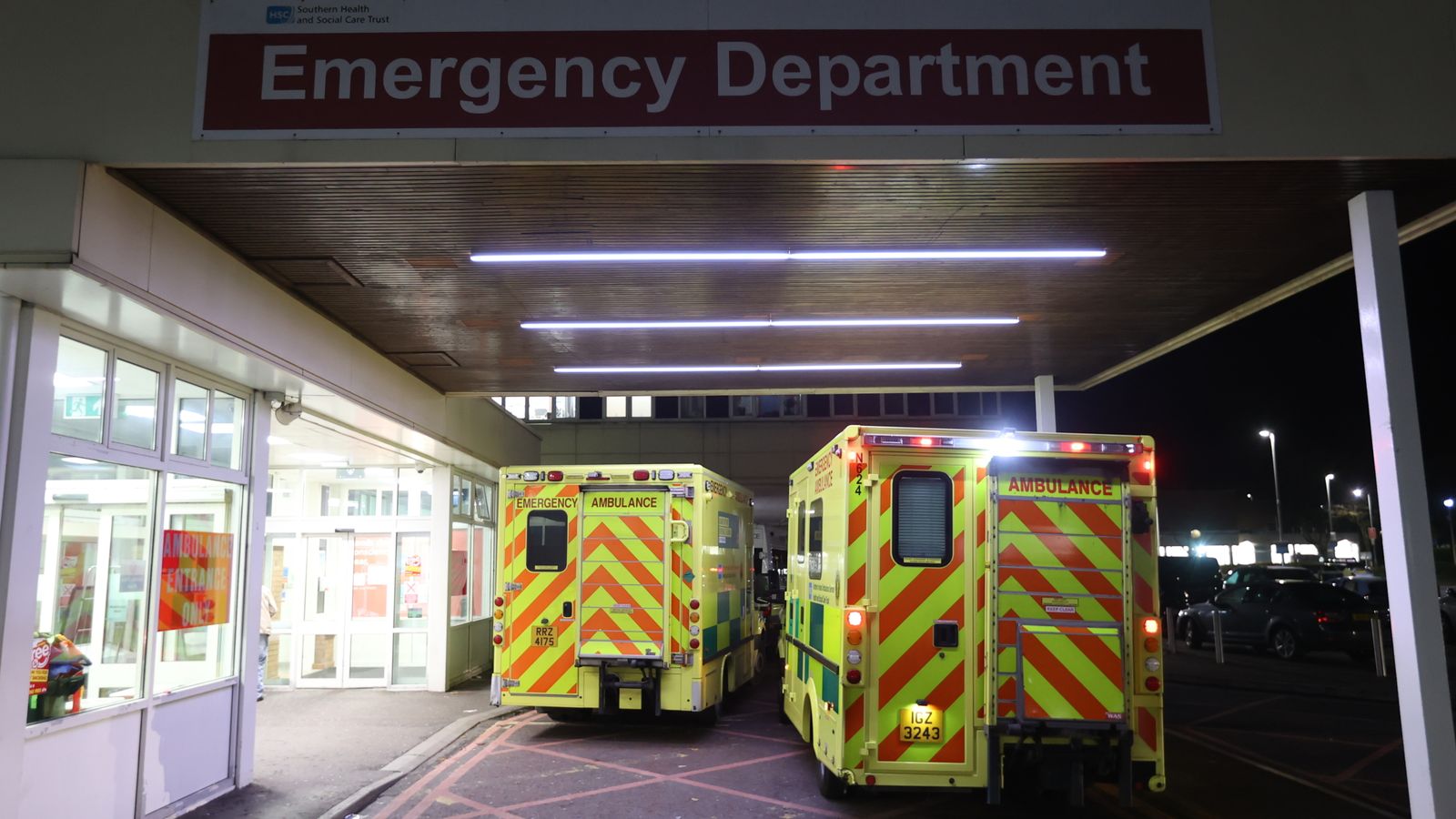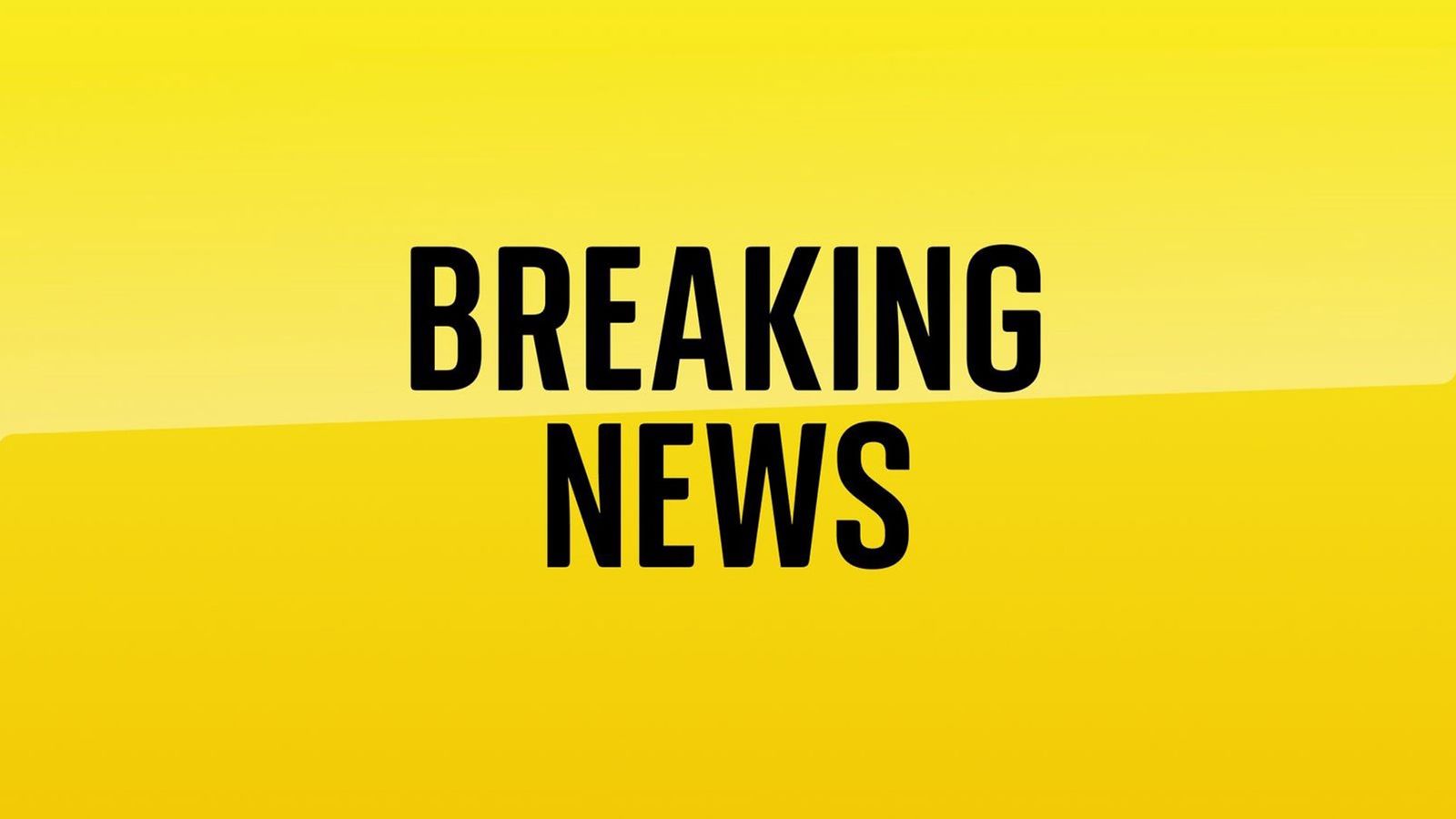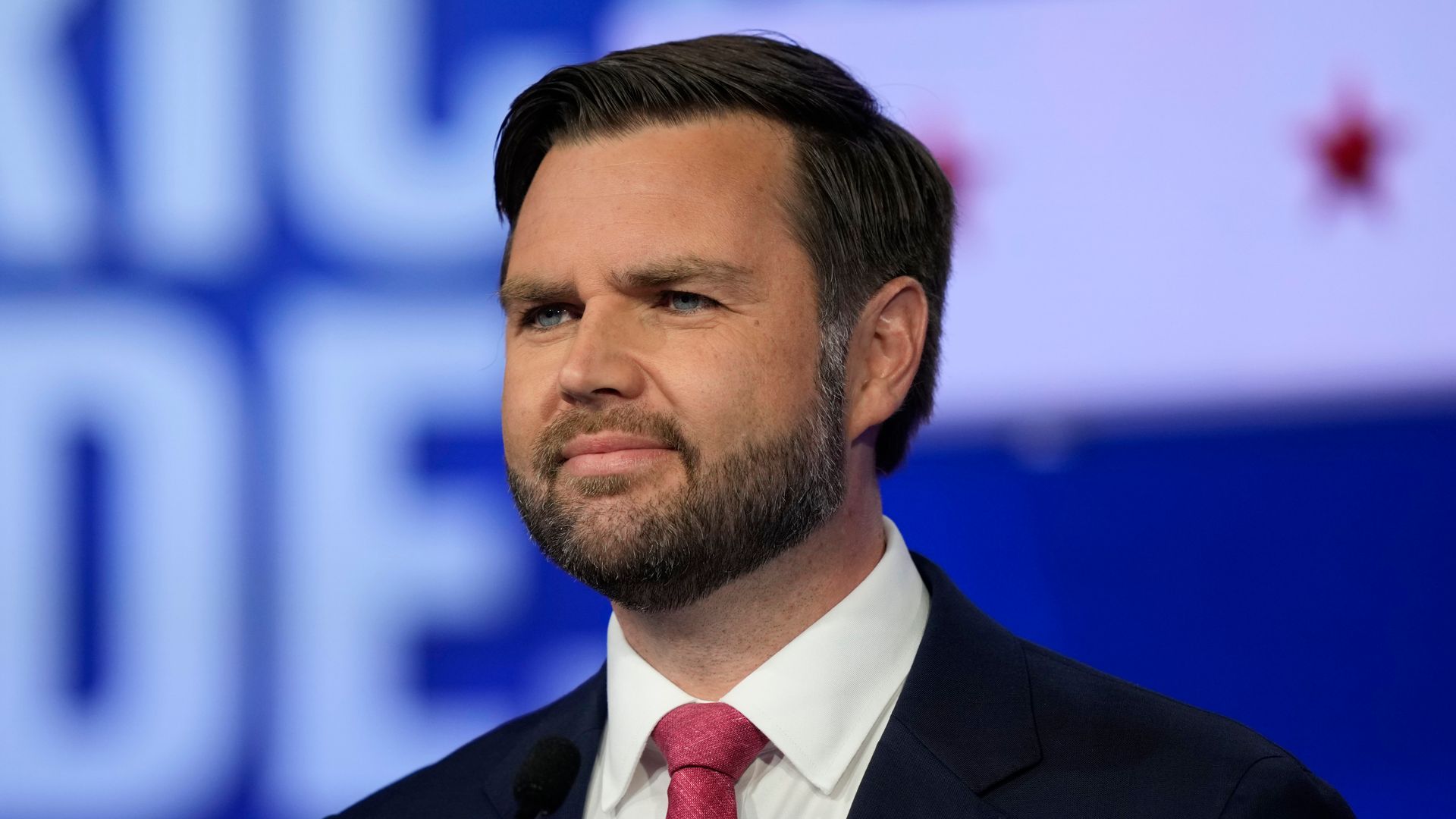Winter crises are nothing new for the NHS, for which January is the toughest month.
But this year’s could well be, NHS figures warn, the worst in its history.
The government has acknowledged that accident and emergency departments are under pressure; but the warnings from medics on the ground are of an unprecedented crisis.
This week, Dr Adrian Boyle, president of the Royal College of Emergency Medicine warned that “somewhere between 300 and 500 people are dying as a consequence of delays and problems with urgent and emergency care each week”.
That’s around a third to a half of all excess deaths in English hospitals, although NHS England say they don’t recognise these figures, and that the data needs further analysis.
Dr Boyle says this comes out of a backdrop of the worst-ever performance against targets in December, and the highest-ever occupancy levels in hospitals.
Add in a worse-than-usual flu season as well as COVID – what the NHS medical director has called a “twindemic” – which has filled beds and fuelled staff absences and critical incidents have been declared all over the country.
As the public continue to hear horror stories about patients waiting days for an ambulance, the situation looks politically unsustainable.
At the Great Western Hospital in Swindon, it was reported that a patient had to wait 99 hours for a bed. The hospital’s chief medical officer, in a leaked message to staff warned that the situation was unlike anything “we have seen previously in our clinical careers”.
Vulnerable older people left for days at home after falls; children waiting hours to be seen with suspected Scarlet fever and chronic illnesses, such as Sarah Pinnington-Auld who confronted health secretary Steve Barclay about her three-year-old daughter’s care; it paints a grim picture.
Rishi Sunak says the NHS is a top priority for him. In a newspaper interview in December, during the ambulance and nurses strikes, he was asked to outline his political vision.
He said: “Peace of mind… knowing that public services like the NHS are going to be there for you and your family when you need them, which is why we are focused on getting the waiting list down and getting people to their GP”.
But opinion polls show the public think the government is handling the issue badly – 82% compared to 11% who think they are handling it well, in a YouGov survey just after Christmas – a steep decline.
With further strike dates announced by the nurses and ambulance staff unions later this month, over pay and staffing levels, patient care is likely to be further set back.
The government point to record levels of funding – an extra £8bn for health and social care over the next three years in recognition of inflationary pressures.
They reject the charge from Labour and others that the NHS has been underfunded during the austerity years, which has deepened the crisis.
But there is broad agreement that one part of the system that is clearly wanting is discharges to social care.
NHS England figures from the end of December show that 12,313 beds in English hospitals are taken up by patients fit to be discharged but don’t have a social care plan in place. And that was after a big effort to discharge patients before Christmas.
Read more:
NHS ‘under unbearable strain’ as at least seven health trusts deal with critical incidents
Fresh wave of strikes set for January – here’s who is taking action, when and why
Stephen Dorrell who was Conservative health secretary in the John Major years – another difficult time for the NHS – told Sky News the pressures are being felt in A&E but the “root cause” is social care after a major squeeze on local authority funding going back years, and the growing needs of an ageing population.
Jeremy Hunt, now the chancellor, spoke in his recent statement about wanting to create a health service of “Scandinavian quality alongside Singaporean efficiency”.
That looks a long way off at present. Downing Street have not commented this morning on reports that the prime minister is planning to unveil his plan for urgent care in the coming weeks.
But with the government still holding firm against pay demands for NHS staff this year, and the next budget in March likely to see pressure in many other directions, there are no easy fixes.












